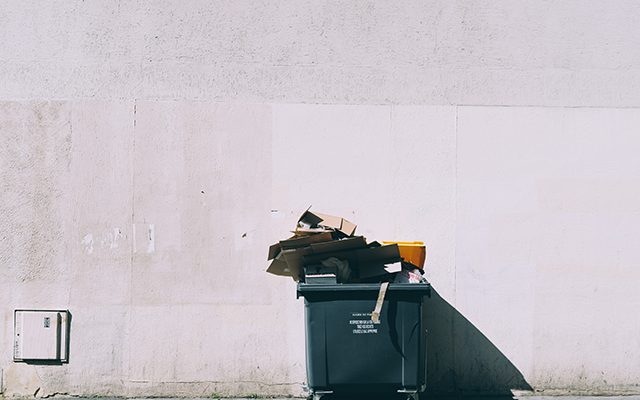A garden can be somewhere to relax in; to let the children play; to have parties and barbecues in the summer; to potter about it, and to just ‘enjoy’. However, gardens never ‘stand still’ – especially in the growing season. Plants keep growing – or dying. Either way, they need to be cut back from time to time. Changes need to be made regularly if the garden isn’t to become overcrowded and a place to be dreaded rather than enjoyed. Skip bins Morphett Vale area aware with the trash during holidays especially.
When you want to get rid of the waste you’re going to generate from your garden, you need to:
- Consider the environment. Old fashioned bonfires help to pollute the environment, so getting rid of your garden waste that way isn’t a good idea – except, maybe, on 5th November but that’s a special case.
- Separate the waste into ‘green’, garden and ‘other’ waste. ‘Green waste’ approximates to ‘compostable’ waste; garden waste includes tree trunks, roots and branches and ‘other’ waste means such things as old garden furniture, plant pots, bricks and plastic bags. If your waste is separated into these categories it’s easier and quicker to be collected – and it tends to be cheaper to dispose of green waste than other forms of garden waste. In addition, reduce the waste’s ‘bulk’ as much as possible because waste removal firms charge customers according to how much space the waste takes up in their vehicle. It’ll also help the collectors if you can place the waste as close as possible to where it’s going to be loaded onto the collectors’ vehicle. That could save time and trouble – and, therefore, money.
- Decide on the most environmentally friendly and cost-effective way to get rid of your waste. This could mean…
- Compost the waste in your own garden. You’ll need a big garden and a sizable composting area – and you can’t compost every bit of garden rubbish. For example, tree roots and branches don’t compost unless you use special equipment to crush them to sawdust.
- Use your ‘green bin’. This works well for modest amounts of garden waste – but the bin is only emptied every fortnight. You might have more waste than your bin can cope with – and collection times may be inconvenient, depending on when the waste is generated.
- Take the waste to your local refuse and recycling depot. This will involve ‘bagging up’ the waste and then transporting it – maybe via several trips – to the depot. This could be tiring and time consuming.
- Get a ‘Man and Van’ to collect the waste. This can be convenient and relatively cheap – and it can save you a lot of time and trouble. But you must…
- Make sure the person collecting the waste is reputable – because you wouldn’t want that person to fly tip your waste. Moreover, if the rubbish can be traced back to you, you’ll be liable to pay the penalty. Ask to see the person’s public liability insurance certificate and Environment Agency licence to carry waste. Ask for the person’s waste carrier licence number – and check it on the Environment Agency’s website.
- Hire a skip or a mini-skip. If you get a skip, order the largest skip you feel able to fill with waste – since larger skips cost less per cubic yard than smaller ones.
- Make sure your property can cope with a skip safely and legally. You can get advice, guidance and practical help on skip hire, as well as a ‘man and van’ service, from Waste King on 0800 141 2778 and 01442 210034.
Waste King Skip Hire is a specialist skip hire company based in London in the United Kingdom. This well-established company has been operating since 2007 providing a friendly and cost-effective service to commercial and residential customers in and around London. The company offers environmentally friendly solutions to clear rubbish and rubble. They are licensed with the environmental agency and ensure the maximum amount of waste is recycled. Find out the specialist for waste disposal.
Article Source: http://EzineArticles.com/9008075
